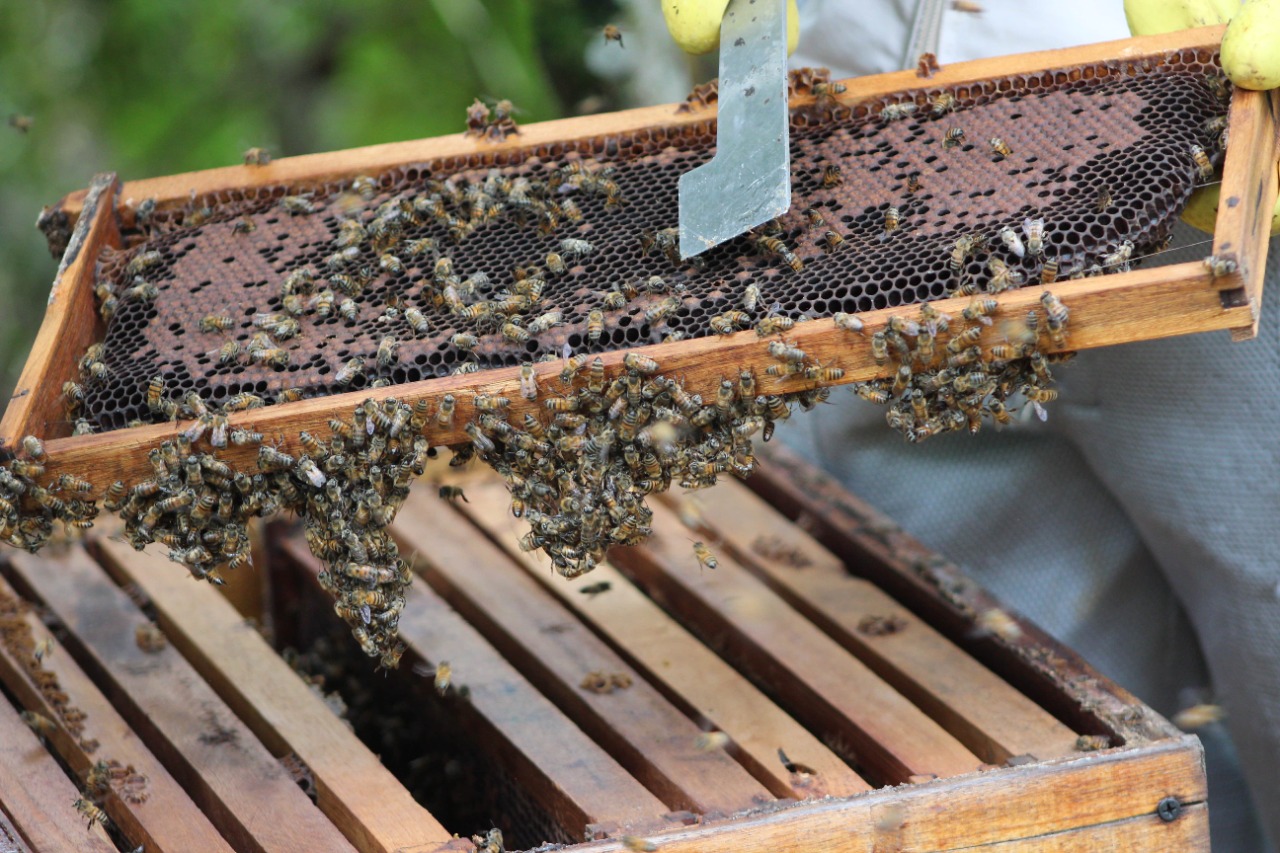

The Association of Bajo Cauca “FIBRARTE”, located in the north of the Antioquia Department of Colombia, is part of a regional network of small rural producers. It is promoted by the “Apoyamos” project of the Medellin based CFA Foundation in agreement with DGRV- the German Cooperative and Raiffeisen Confederation. The project aims to promote local economic activities in order to mitigate the causes and consequences of internal displacement in Colombia. Through social and economic intervention processes the project seeks to comprehensively strengthen small rural producer organizations.
FIBRARTE is dedicated to making handicrafts based on “caña flecha” (uva grass or gynerium sagittatum) and honey from the hands of indigenous Zenú and peasants. The association impacts 120 families, mostly peasants and displaced indigenous people, mothers who are heads of households, victims of the long-standing armed conflict and rural youth, who has worked in the beekeeping sector.FIBRARTE supports the change from the informal mining and illicit crops back to licit crops and other economic activities to which these people were previously engaged.
FIBRARTE is a member of Campo Dulce SAS, a local company that was created with the objective of strengthening the commercialization chain of honey and products derived from beekeeping, developed by peasant beekeepers located in the subregions of Bajo Cauca (traditionally a very violent area), northeastern Antioquia, and the south of the neighboring Department of Córdoba.
Campo Dulce is made up of 300 families who are direct members and additionally 200 indirect members, they all market their products through this Association. The organizations that form Campo Dulce are linked to the Apoyamos project of CFA Foundation and DGRV, being beneficiaries of the strengthening process in matters of cooperative culture, savings and financial education in rural areas. This local company is the result of a process of cooperative articulation reflected in the alliance of five (5) producer associations, among them FIBRARTE. They decided to join in order to shorten the channels of traditional commercial intermediation, thus achieving fair prices for producers.
The revolving fund is constituted with funding from the Apoyamos project to respond to the liquidity needs of the producers to finance their productive and commercial activities. The fund thus bypasses the inflexibility of the credit lines of the financial sector that are not adapted to the needs of the peasants. The fund covers up to 45 days that elapse in many cases between the sale of agricultural products to supermarkets and receiving payments. It also finances the purchase of inputs like fertilizers with an immediate payment to the supplier. In both cases, these factoring transactions do not imply discounts or surcharges for the peasants.
For the Apoyamos project in Bajo Cauca, this fund with small volume but high rotation has been of special importance. In this regard, German Arrieta, legal representative of FIBRARTE, expresses the following:
“The creation of the revolving fund was very impressive for FIBRARTE, it helped us to have a minimum working capital, which allows us to capitalize, pay the farmer in time, and ensure production through a commercial alliance model, being an exemplary participative model ”.
In addition to strengthening rural producer organizations and helping them with sales at fair prices, Apoyamos supports organizations in the areas of financial inclusion and financial education. With its four components, the project has managed to contribute to the rural development of the territories where it is present.
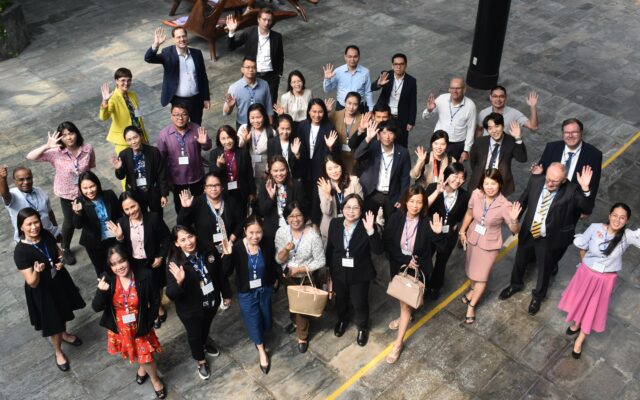
A new partnership between DGRV and the Cooperative Development Authority (CDA) in the Philippines is enhancing regulatory oversight and stability within the cooperative sector.
More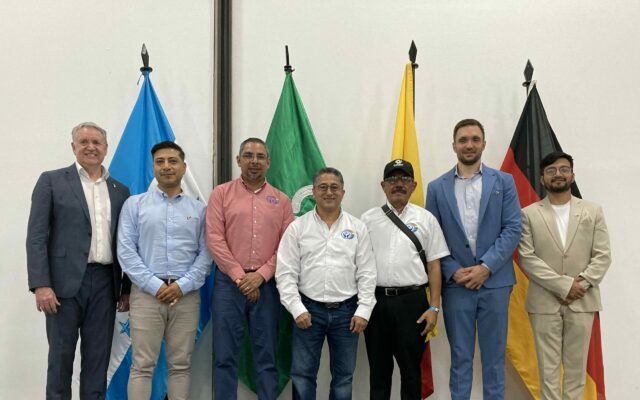
DGRV’s project in Honduras focuses on strengthening the cooperative financial sector, particularly in rural areas, and improving access to financial products and services. The initiative also aims to enhance resilience to climate change and promote the efficient use of natural resources, fostering sustainable and inclusive economic growth.
More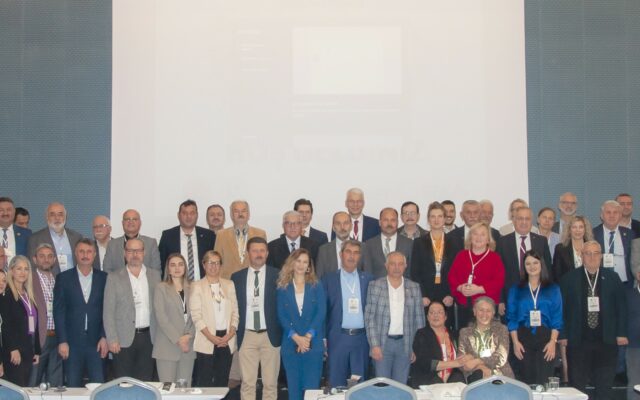
The 8-year long TAKBİ project within the framework of the Turkish and German association cooperation, revitalized Turkish agricultural cooperatives by surmounting challenges, elevating organizational structures, improving service quality, and fostering member satisfaction, leaving a lasting positive impact on the cooperative landscape in Turkey.
More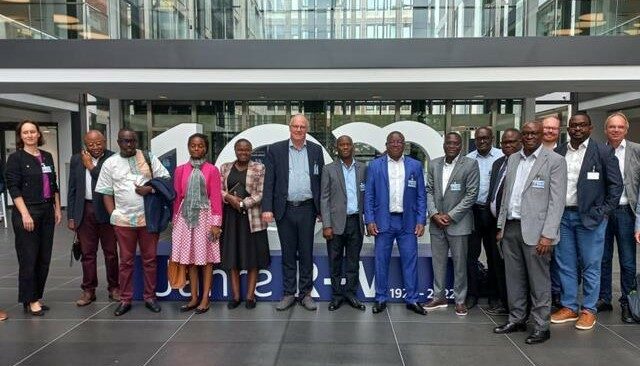
Financial experts from Benin, Cameroon, and Uganda embarked on a journey to Germany to explore the essence of cooperative principles, forging a vision for a resilient banking sector that transcends borders and fosters economic and social progress in African communities.
More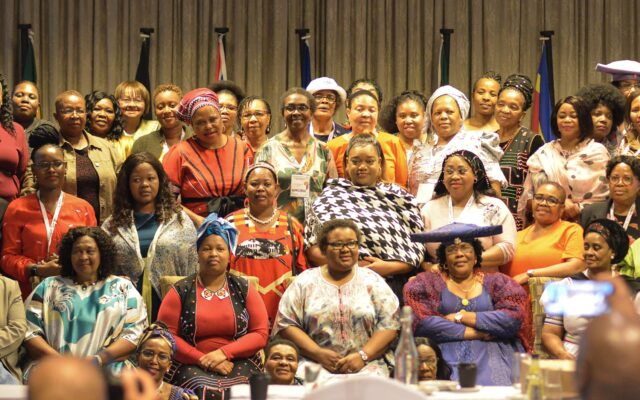
In an extraordinary gathering, female traditional leaders from Southern Africa converged to harmonize the concepts of Ubuntu and cooperative principles, setting a visionary path for community development.
More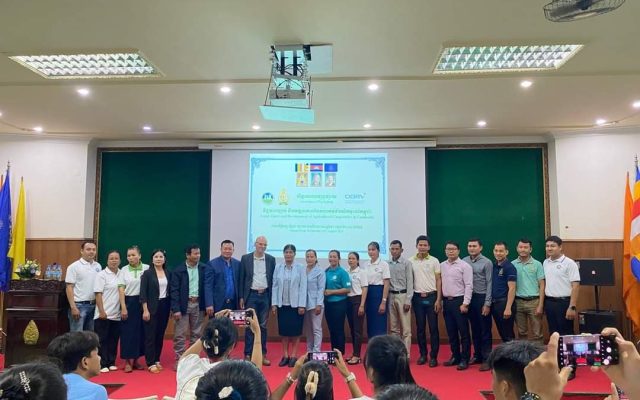
Empowering Cambodia's agricultural cooperatives through dynamic seminars: DGRV and AERD/RUA collaborate to drive leadership, professionalism, and sustainable growth.
More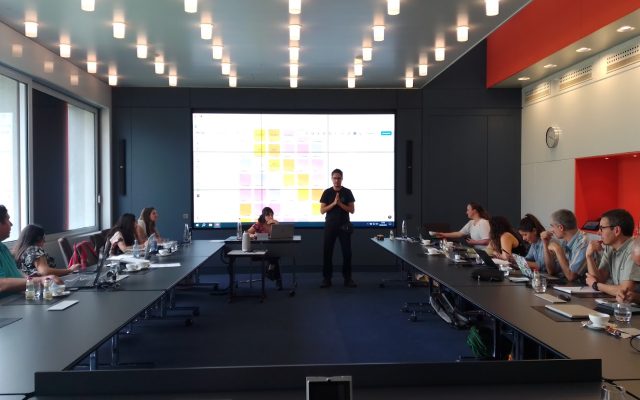
In June, eight Chilean organizations participated in an Exposure Visit to learn from the experience of Energy Cooperatives in Germany
More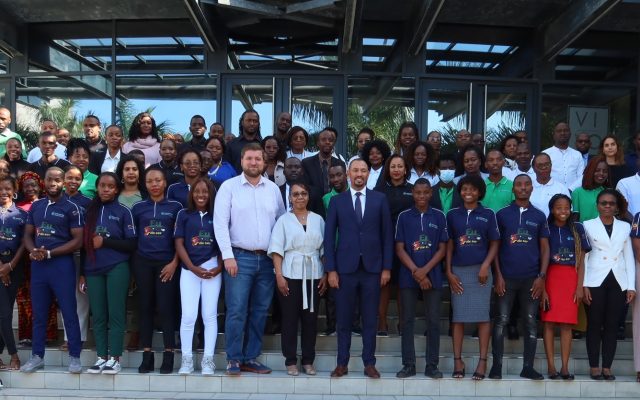
Empowering Mozambican youth through cooperative entrepreneurship to tackle unemployment and promote economic growth.
More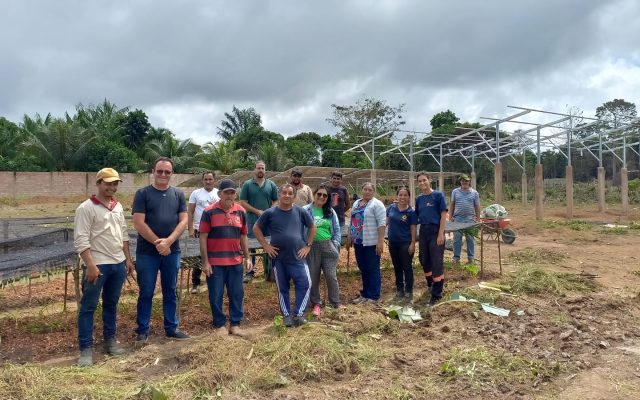
Helping the cooperative CCampo Alimentos to implement an Agrivoltaic pilot project in Brazil
More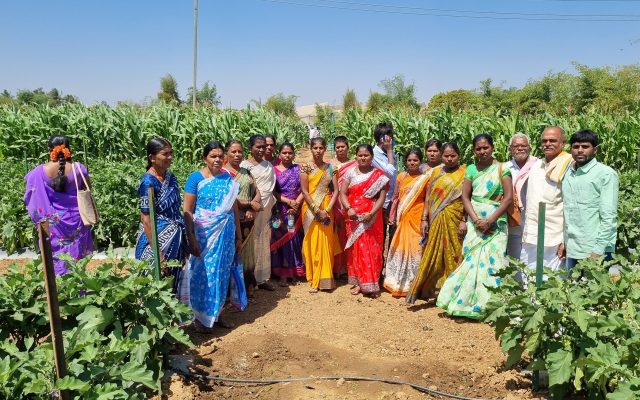
Adaptation measures to climate change in rural areas in India
More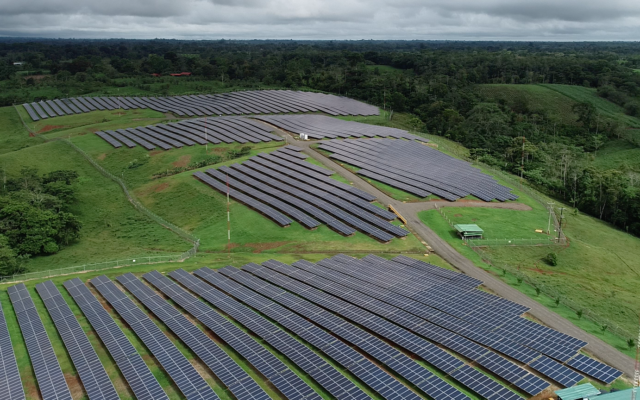
Renewable Energy in Costa Rica generated by cooperatives.
More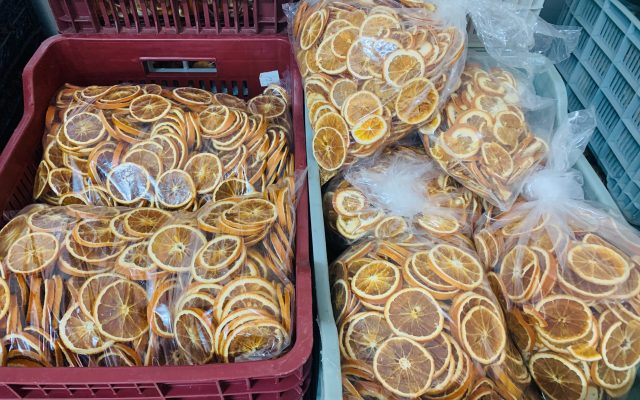
Food Processing with a Regional Federation
More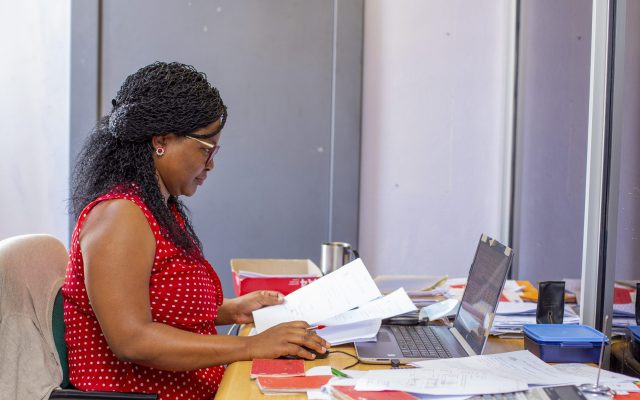
Digitisation of Primary Co-operatives in eSwatini
More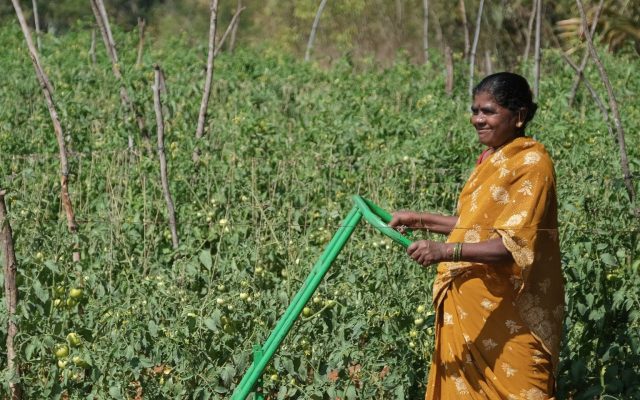
A central solution that enables members to make daily agricultural necessities available promptly and financially affordable
More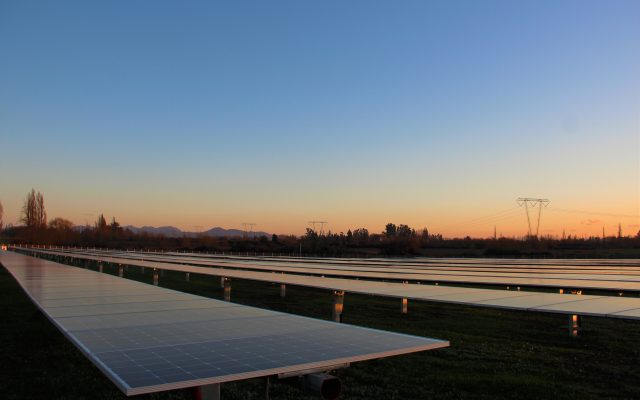
The creation of Community Distributed Generation Cooperatives in Chile.
More
Textile cooperative in Tunisia
More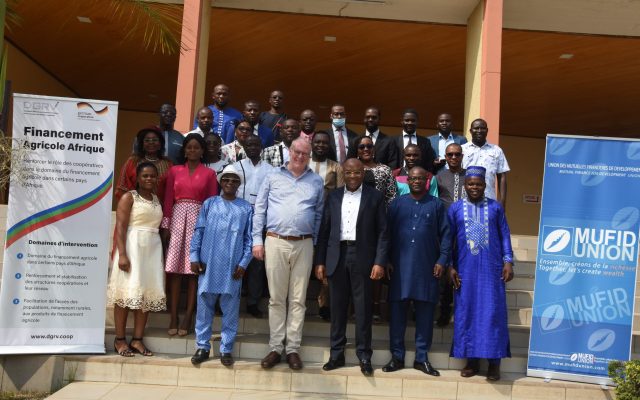
Facilitating access to quality agricultural finance products in Cameroon
More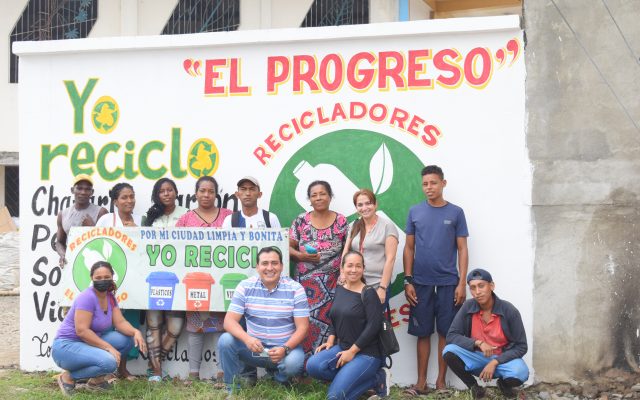
Generating business and commercial connections with the "Networks in Action" project
More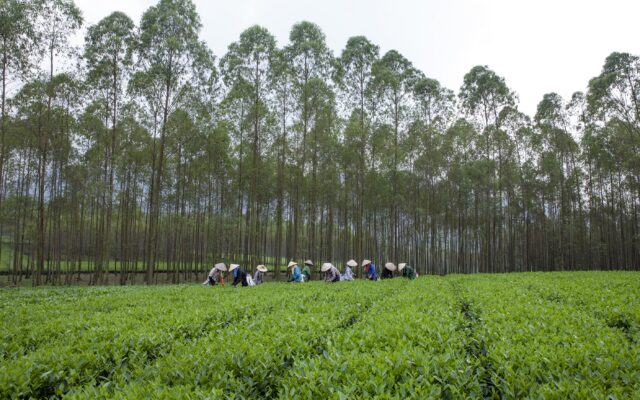
Mid- term courses for cooperative officials in Vietnam
More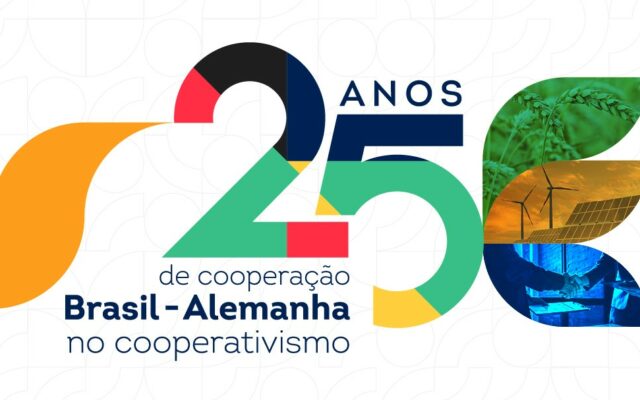
The collaboration between the Brazilian and German cooperative sector
More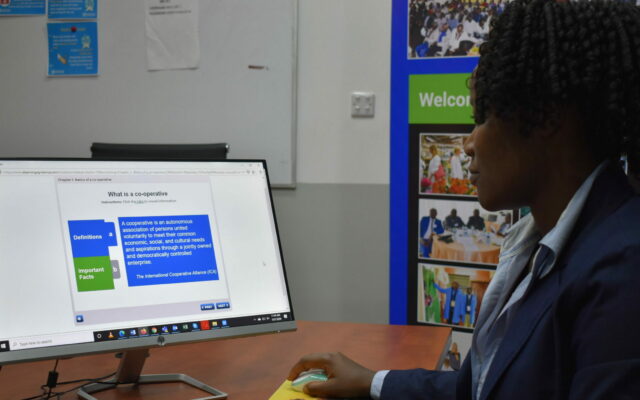
DGRV Kenya supports project partners on their way to adapt to “The new normal” in times of COVID-19
More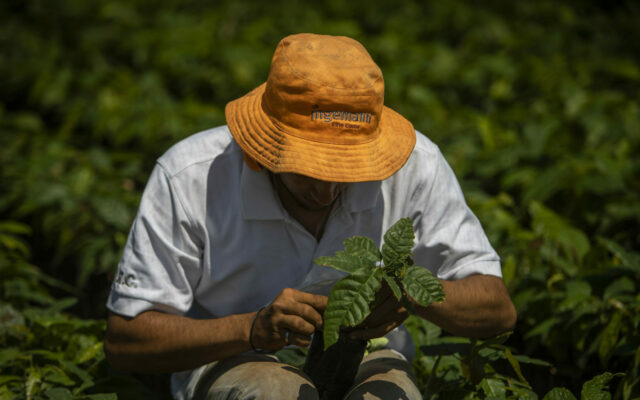
Pablo and his Potatoes
More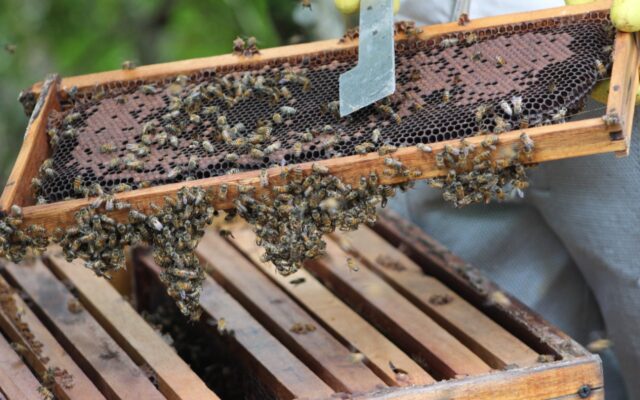
Strengthening small rural producer organizations in Colombia
More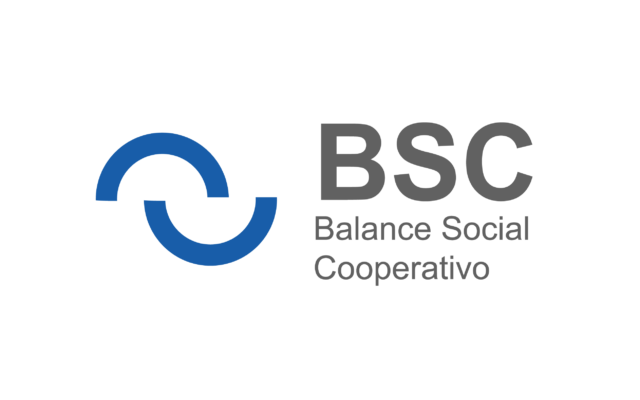
Cooperative Social Responsibility in Honduras
More